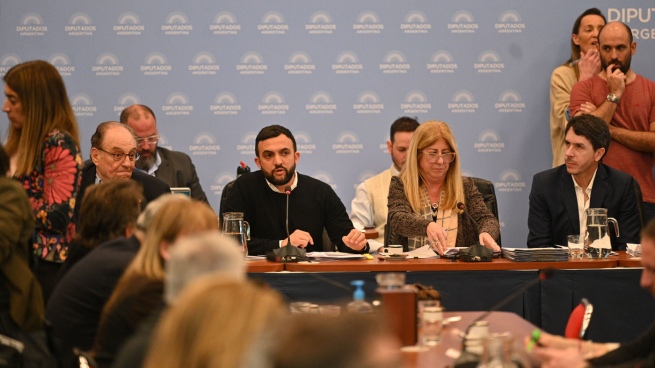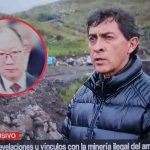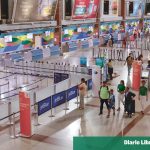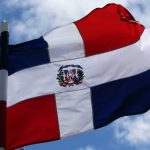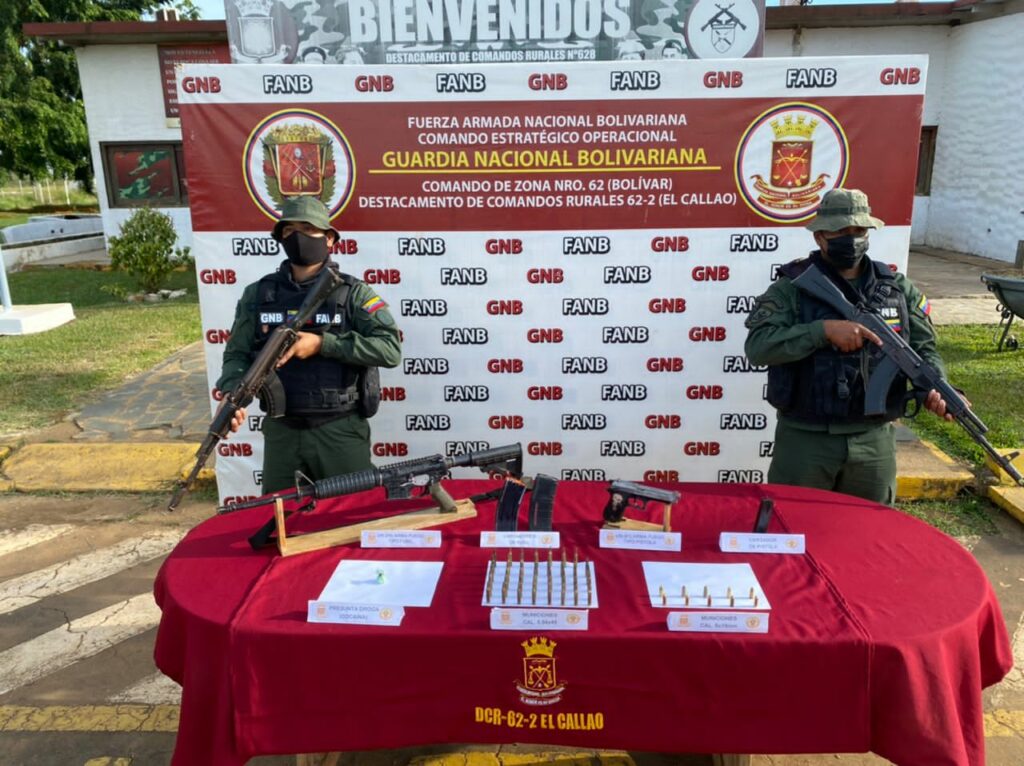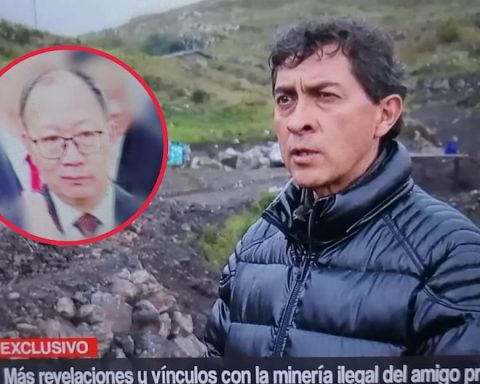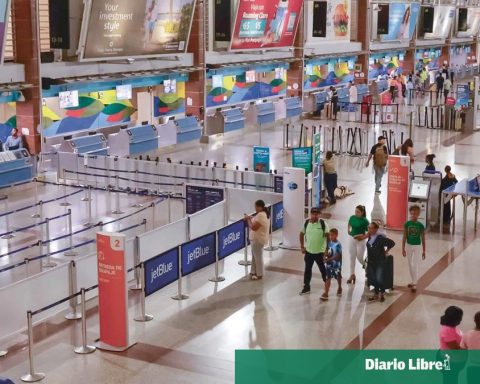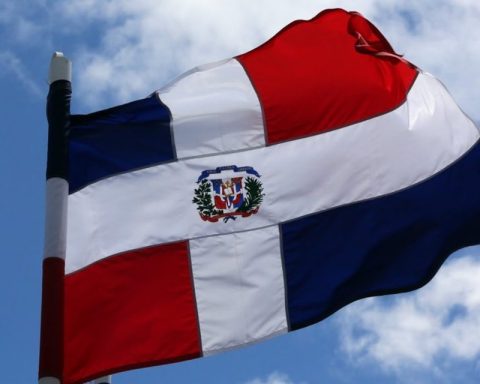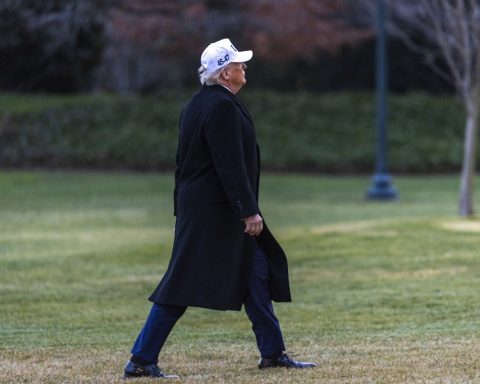The officialdom of Chamber of Deputies will seek to advance next Thursday in the opinion of a unified project that ensures the protection and rational use of wetlands, while the Agriculture Commission called a meeting for this Tuesday with the presence of specialists.
The decision was made last Thursday.after an extensive debate in a plenary session of Natural Resources commissions chaired by leonardo grosso (Front of All); budget, in charge of Charles Heller (Frente de Todos) and Agriculture, in the hands of the radical Formosan Ricardo Buryaile.
After several hours of debate, Grosso announced the decision of the deputies to go to an intermediate room until this Thursday at 10 for the sign the majority opinion “without the presence of guests”, as the opposition had claimed.
For his part, Buryaile called for this Tuesday at 3:00 p.m. meeting of the Agriculture commission with the presence of specialists so that they expose on the problem, beyond the call to the plenary session on Thursday,

The debate takes place within the framework of a strong claim of environmental organizations and neighbors self-convened that gathered in front of Congress demanding the sanction of the law.
Opening the debate, Grosso, a signatory along with organizations of the project that gathers more consensus, highlighted the importance of advancing the law by arguing that “56 percent of wetlands in Latin America are destroyed” and said that “the representatives of the people must assume the responsibility that we have.”
Meanwhile, Buryaile considered “a legislative irresponsibility treat this closed book Silly and crazy” and said that “the representatives of the people have a responsibility that goes beyond the discursive”, pointing out that “the laws are dealt with, they are not dispatched”, when questioning the hurry of the ruling party to advance with the opinion.
For the deputy of Federal Consensus, Graciela Camano“we are facing the most transcendental” and considered that “it is more important than the Budget”.
The plenary session of commissions has already started to discuss the Wetlands Law and there is an enormous mobilization at the door of Congress to push for its treatment.
More than 500 organizations support the consensus project. Let’s go out ??#LeyDeHumedalesYA pic.twitter.com/OKvGcAISQ0
— Leonardo Grosso (@Leonardo_Grosso) September 22, 2022
“It is a strategic issue, the budget is circumstantial”remarked the legislator, arguing that “30 percent of Argentines suffer from the desertification process that generates an environmental imbalance that affects people’s quality of life.”
The intention of the ruling party is to continue this week with talks with opposition blocks to reach a consensus among at least a dozen initiatives that seek to establish a system of minimum budgets for the identification, conservation, protection, ecological restoration and rational use of wetlands. .
So far, the front of all has the support of both Federal Interblock as of left front and will seek to add other sectors of the opposition so that the initiative reaches the venue with greater consensus.
Most of the projects make a definition of wetlands and propose a national inventory, a kind of map so that each province specifies the locations of these spaces and defines what characteristics they have and what functions they fulfill.
The demand around the sanction of this law gained strength again from the seriousness of the forest fires affecting the Paraná delta areawhich recurrently leave Rosario and other surrounding Santa Fe cities covered in smoke, as well as in the Traslasierra mountain ranges, in Córdoba, and in San Luis.

The decision to move forward in the debate was agreed upon in the last session of the lower house, where a proposal by the deputy for Socialism, Enrique Estévez, was endorsed to urgently summon the commissions to debate the text that had already been sanctioned by Deputies but who lost parliamentary status.
The Wetlands Law is a citizen initiative presented for the first time in 2013, which has already obtained two half sanctions by the Senate (2013 and 2016), but could never be approved by the Chamber of Deputies.
Meanwhile, the Multisectoral Wetlands (MH) described on Monday as “absolutely false” the versions that ensure that the eventual sanction of the Law contemplates “the eviction” of settlers on the islands of the Paraná River and “the prohibition of productive activities that respect the ecosystem”.
In this regard, the MH informed Télam that these versions come from “people linked to agricultural and livestock activity in wetlands, most of whom do not inhabit the territory but use it as a productive field.”
